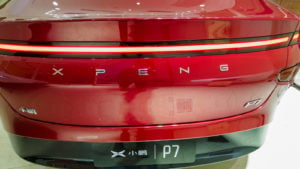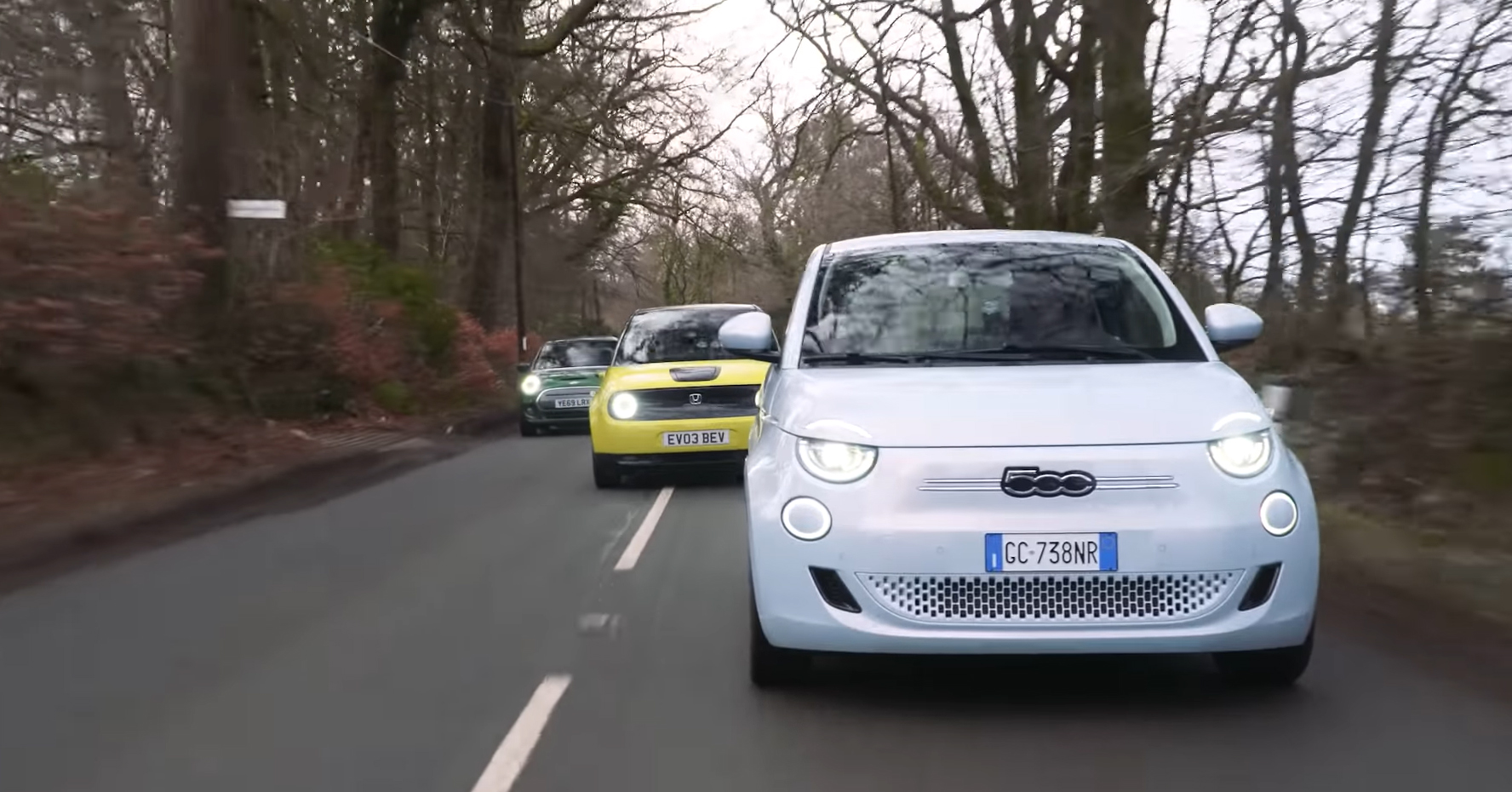Read The Full Article On: Investorplace
GM, Ford, Volkswagen and Xpeng are EV stocks poised to become close rivals of Elon Musk’s automaker
After falling meaningfully during the early part of the novel-coronavirus pandemic, overall global auto sales rebounded around the world. Not surprisingly, with concerns about climate change as high as ever and electric vehicles becoming tremendously popular, the sales of EVs soared in recent months. This is propelling many EV stocks to exponential growth.
The strong growth of EV sales certainly looks poised to continue. As CleanTechnicarecently pointed out, in comparison to conventional vehicles, EVs are more efficient and easier and cheaper to maintain. Moreover, it won’t be long before “in most popular segments, full electrics will also be cheaper to buy than combustion vehicles (and ultimately, cheaper in all segments),” CleanTechnica noted.
Add in government mandates and incentives in the U.S., China, and the EU, and it’s clear that EV sales are set to continue growing by leaps and bounds in the coming years.
Further, as I’ve pointed out in a few recent columns, by selling various types of subscriptions to auto buyers, the makers of advanced EVs can greatly boost their financial results.
Given all of these points, investors who choose the right EV maker could potentially generate huge profits. In some cases, even rivaling the gains of the owners of Tesla(NASDAQ:TSLA) stock over the past eight years.
But, over the longer term, can any automakers compete with Tesla, which currently dominates the global EV sector? Actually, various recent data points show that Tesla is not all-powerful in the segment.
Here are the four automakers that I believe can become viable challengers to Tesla over the longer term, making a great deal of money for their shareholders in the process. I recommend that investors buy all four of these EV stocks:
EV Stocks to Buy: Volkswagen (VWAGY)

Source: Helmut Seisenberger / Shutterstock.com
From January 2020 through November 2020, Volkswagen was the world’s second-largest seller of EVs. The German automaker unloaded 166,745 EVs during the first 11 months of last year, versus Tesla’s 407,710.
Not surprisingly, Volkswagen is strong in its home market of Europe. Its VW ID 3 car, launched in 2020, was the third-most popular EV on the continent in November. Volkswagen has yet to bring the ID 3 to North America, where it could cause quite a splash, given the automaker’s relatively strong reputation in the U.S.
In Europe in November, other Volkswagen EVs were the third-and-fifth-most popular models. (Tesla’s Model 3, by the way, came in seventh). With European EV salesgrowing very rapidly and becoming a quite meaningful share of overall auto sales, Volkswagen’s success on the continent is likely to enable it to continue to be a world EV leader and should allow it to eventually become a viable challenger to Tesla.
Volkswagen’s recently released ID 4 SUV seems quite promising, and the company is planning to launch “300 EV models by 2030,” according to engadget.
General Motors (GM)

Source: Jonathan Weiss / Shutterstock.com
GM’s strong foothold in the U.S. electric vehicle market, its advanced autonomous-vehicle technology, and its plan to launch many new EVs in coming years make it a potential strong challenger to Tesla.
Sales of GM’s Chevrolet Bolt surged 26% to 20,754 last year, enabling it to remain one of the more popular U.S. EVs not made by Elon Musk’s company. Encouragingly, last quarter, the Bolt’s sales more than doubled year-over-year to 6,701. It appears that GM’s flagship EV has a pretty good reputation in the U.S.
GM is a leader in autonomous-vehicle technology. The company has already deployed driverless cars utilizing its AV technology, called Cruise, in San Francisco. In addition to boosting sales of its EVs, Cruise could enable GM to become a leader in disruptive robotaxis.
Impressively, GM plans to launch “ 30 new global electric vehicles by 2025.”
Ford (F)

Source: JuliusKielaitis / Shutterstock.com
Ford is on this list because of the upbeat reviews of its Mustang Mach-E and its strong AV technology.
The Mach-E provides as much as 300 miles of range, along with “480 horsepower and up to 634 lb-ft of torque” on sportier models of the EV, according to Car And Driver. It says the Mach E is “quick and better to drive than most ordinary crossovers,” while it delivers a “super-smooth ride.”
And earlier this month, a Barron’s headline proclaimed, “Watch Out, Tesla. Ford’s Electric Mustang Could Be a Threat.” After he tried out the EV, a JPMorgan analyst was “thoroughly impressed” and called it “a good car, comparable to a Tesla,” Barron’snoted.
Developed by its Argo AI subsidiary, Ford’s AV technology is also quite advanced, as the automaker intends to launch self-driving commercial vehicles next year.
Xpeng (XPEV)

Source: Andy Feng / Shutterstock.com
As I noted in a previous column, this Chinese EV maker’s sales are increasing extremely rapidly, jumping a huge 266% YOY in Q3. Further, both Bank of America and JPMorgan were very bullish on its Q3 earnings. And reviews of its EVs were generally positive.
Xpeng’s (NYSE:XPEV) parabolic growth continued last month, as its sales soared 326% YOY and 35% versus November. For Q4, it reported that it sold nearly 13,000 EVs, up 300% YOY and 50% versus Q3.
With the overall Chinese EV market reaching record levels and looking poised to continue to rapidly expand, Xpeng looks well-positioned to continue to be one of the best-performing EV stocks going forward.

